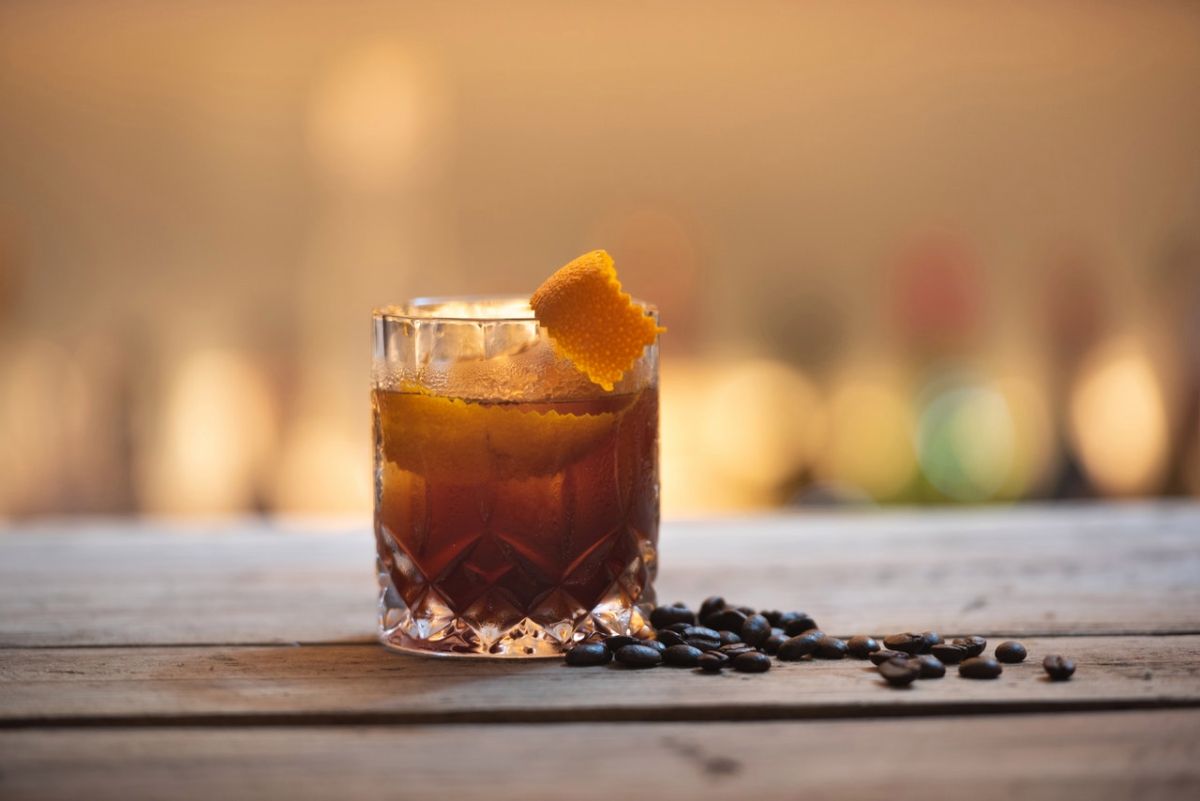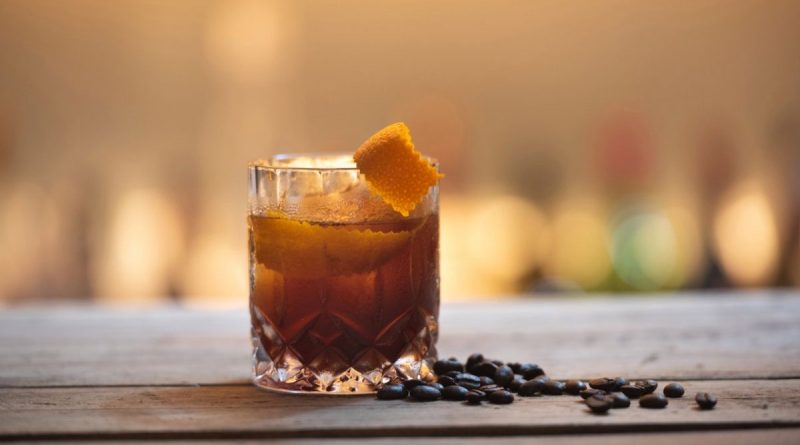Why shouldn't you mix alcohol with caffeine? | The State

It is common to mix alcoholic and caffeinated drinks. Since energy drinks until coffee. However, alcohol and caffeine is not a safe combination for you. Both substances have opposite effects, what happens when they are mixed?
The caffeine is a stimulant which can make you feel energetic and alert. Alcohol is a depressant which can make you feel drowsy or less alert than usual.
The Centers for Disease Control and Prevention (CDC) note that caffeine can mask the effects of alcohol. It is possible that you feel more alert and energetic than you would normally feel while drinking, but it’s only a cheated.
When you mix caffeine with alcohol can you believe that you are less drunk than actually you are. What leads to drinking more alcohol, increasing the risk of harm attributable to alcohol.
Even separately, the excessive consumption of alcohol or caffeine can cause you a overdose with dangerous and even fatal effects.
Caffeine does not lower your drunkenness or minimize the effects of alcohol
It is a myth that drinking coffee will lower your drunkenness. Caffeine does not reduce alcohol concentrations in the breath or blood, nor does it reduce deterioration due to alcohol consumption. The alcohol consumed has passed into the blood and only time will allow your body to eliminate it; this occurs at a rate of approximately one drink per hour.
The caffeine does not improve your coordination or restore your senses who are affected by alcohol consumption, nor will they avoid a hangover the next day.
You drink excessively and take more risks
The CDC notes that drinkers ages 15 to 23 who mix alcohol with energy drinks are 4 times more likely to binge drink at high intensity (i.e. consuming 6 or more drinks per binge episode) than drinkers who do not mix alcohol with energy drinks.
Alcohol overdose
The faster someone drinks, the higher the blood alcohol concentration becomes and thus reach a alcohol overdose.
Alcohol overdose can not only cause difficulty staying conscious, vomiting, or convulsions, can also cause permanent brain damage or death, notes the National Institute on Alcohol Abuse and Alcoholism.
Caffeine overdose
Excess caffeine consumption can cause: insomnia, nervousness, anxiety, accelerated heart rate, upset stomach, nausea, headache, and a feeling of sadness (dysphoria).
How much caffeine is safe to consume? For the healthy adults, the FDA has mentioned 400 mg daily, (about four cups of coffee). Caffeine toxicity has been observed with intakes of 1.2 grams or more in one dose. Doses greater than 5g can be fatal.
Not all combinations are the same
Although combining alcohol and caffeine is never recommended, some combinations may be less risky than others.
A can of 250 ml of Red Bull contains 80 mg. caffeine, about the same amount of one 8-ounce cup of coffee what is the average 96 mg of caffeine. While a Cola drink can have 22 mg. caffeine according to the Mayo Clinic.
If you decide to take a Irish coffee, rum and cola or wine with coffee, the key is the moderation. Remember not to exceed the recommended consumption of alcohol, no more than one or two alcoholic drinks per day for men and one drink per day for women.
It may interest you:
.

